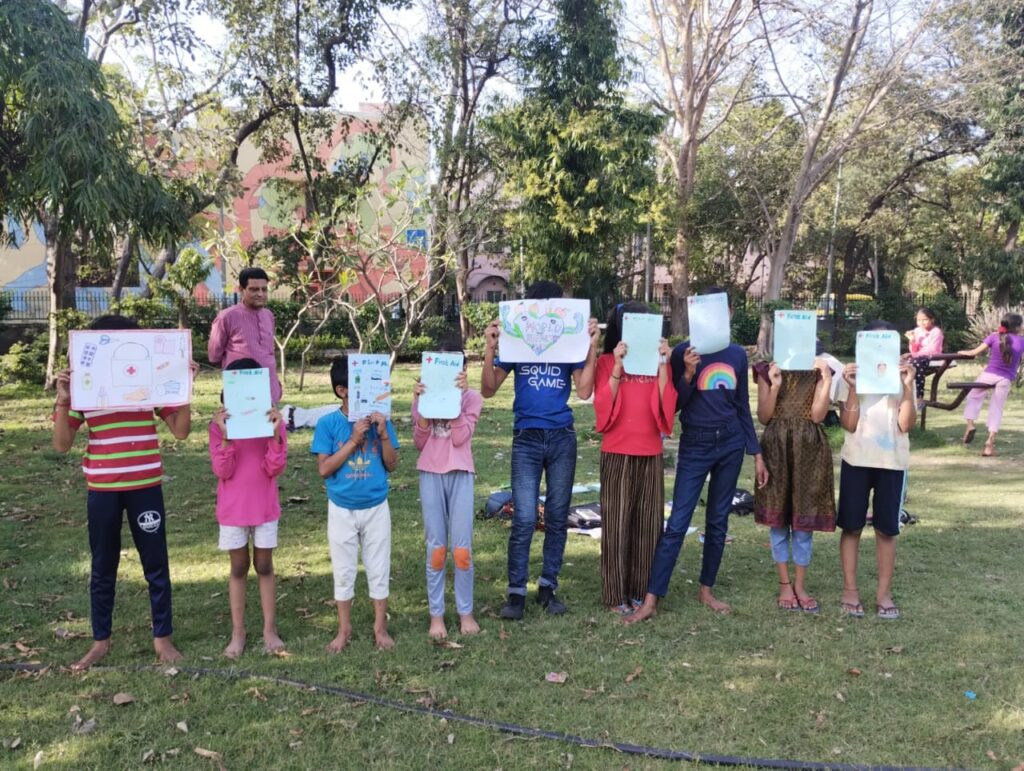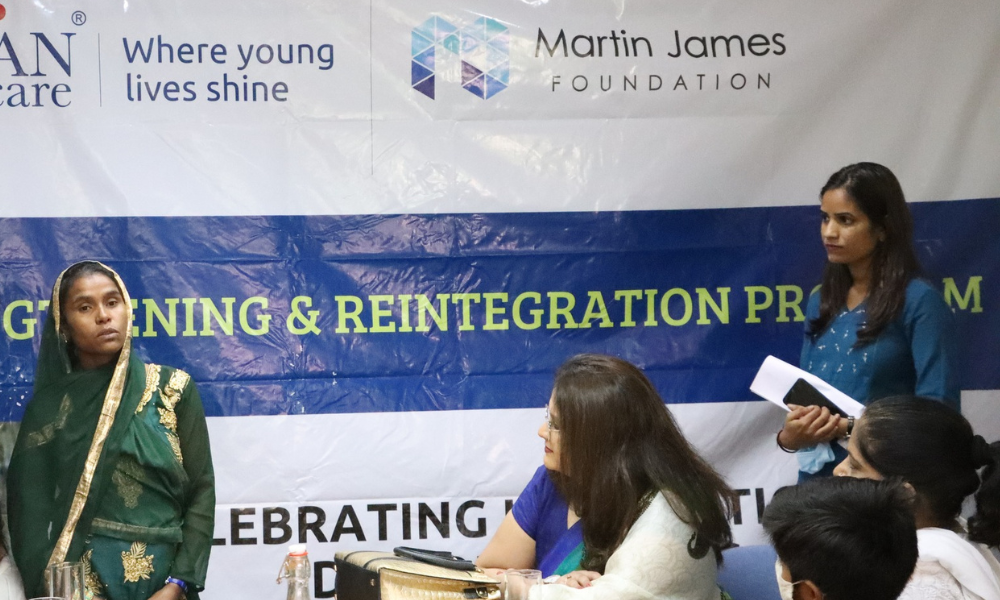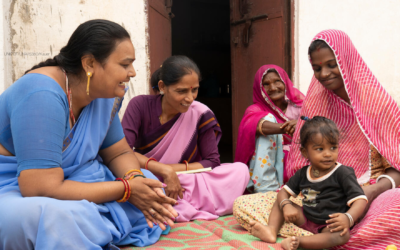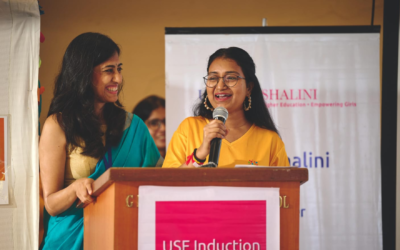Ranjana Srivastava, Assistant Director with Udayan Care, reflects on the joint partnership with the Martin James Foundation, which focuses on family strengthening, restoration and the reintegration of children back into their families in Delhi from institutional care.
Reunification and reintegration hold immense significance for children in care, as they bring them back to their families and assist them in rebuilding relationships and readjusting within their communities. As we come to the end of Reunification Month, it is crucial to acknowledge the complexities and importance of this process. In line with this, I would like to reflect on our (Udayan Care’s) Families Together (FiT) Project in the South and South East Districts of Delhi, which focuses on reuniting children from Child Care Institutions (CCIs) with their families.
The FiT Families Together project goes beyond mere reunification; it also emphasizes family strengthening, focusing on preventing children’s separation from their families. The vision is clear: to create a safe haven within the family, enabling all children to thrive while setting an exemplary model for replication.

Strengthening Families and Empowering Communities
Through community-based childcare and protection interventions, the project actively strengthens families and fosters an environment where children can flourish within their own families and communities. It follows a structured approach that involves reaching out to children within their families, identifying their specific needs, and establishing regular contact to build trust and positive responses to interventions. Moreover, the project tackles crises and adverse situations head-on, empowering children and families to overcome challenges and build independent, self-reliant family units.
Comprehensive Support for Holistic Wellbeing
To ensure children’s and their families wellbeing and long-term success, the FiT Families Together project connects people to essential services, including education, counselling, healthcare, life skills training, and recreational activities. By extending support to parents and primary caregivers, the project enhances their self-reliance and parenting skills, enabling them to create a nurturing environment. It also promotes awareness of children’s rights and needs, facilitates their integration within the community, and builds the capacity of stakeholders involved in the family-strengthening process. Furthermore, the project establishes vital linkages with the district child protection and child welfare system to provide follow-up and support.
“The unceasing efforts and home visits with the families by the team have shed light in so many families about how parental care is what the children need rather than institutional care despite their dire situation. A single mother of three children was distressed about how she will take care of the basic needs of her three children who have reunited with her. Through regular counselling and focused meetings, the mother disclosed that she now runs a micro-business involving a tea stall, in which the team helped the mother with financial literacy and budgeting for better independence. With the mother depicting confidence and authenticity, the team provided necessary support in restructuring the tea stall and helped in empowering her.”
-Ms Pooja, a Social Worker from the intervention pocket of Southeast Delhi who supports the project team in all community-based activities

Creating a Lasting Impact
By addressing various aspects of the reunification and reintegration process, supporting families, and promoting community involvement, the FiT Families Together project leaves a positive and lasting impact on the lives of children and their families. Udayan Care has taken the road less travelled, emphasizing family strengthening and keeping families together.
“The situation was dire in my family when I was restored from the CCI and reunited with my parents. There was more awkwardness and fear rather than relief that I was reunited with my family. On top of that, my parents wanted me to get married, but I was not ready. I knew our family bond was strong, but there was some hesitation, which made me unable to share my emotions and feelings with them. There was this huge communication gap between me and my family. However, in that dark room, a beam of light came when the Udayan Care team members started regular home visits and counselling, which really helped in my relationship with my parents. The counsellor also helped me build confidence to speak out and express my feelings. Now, I am really comfortable with my family and happy that I can communicate with them openly. I am also helping my family in their livelihood by stitching clothes. Recently, on my birthday, my father gifted me two adorable rabbits.“
-A child who was reintegrated with her family through the FiT Program

In Conclusion
Reunification and reintegration are pivotal milestones in the journey of children returning from CCIs to their families. Our FiT Families Together project exemplifies the dedication and effort required to make this process successful. By focusing on family strengthening, providing comprehensive support, and empowering communities, the project paves the way for a brighter future where children can thrive within the love and care of their families. As we commemorate Reunification Month, we acknowledge and remember the complexities involved in this process and the profound impact of reintegrating children with their families and communities.



